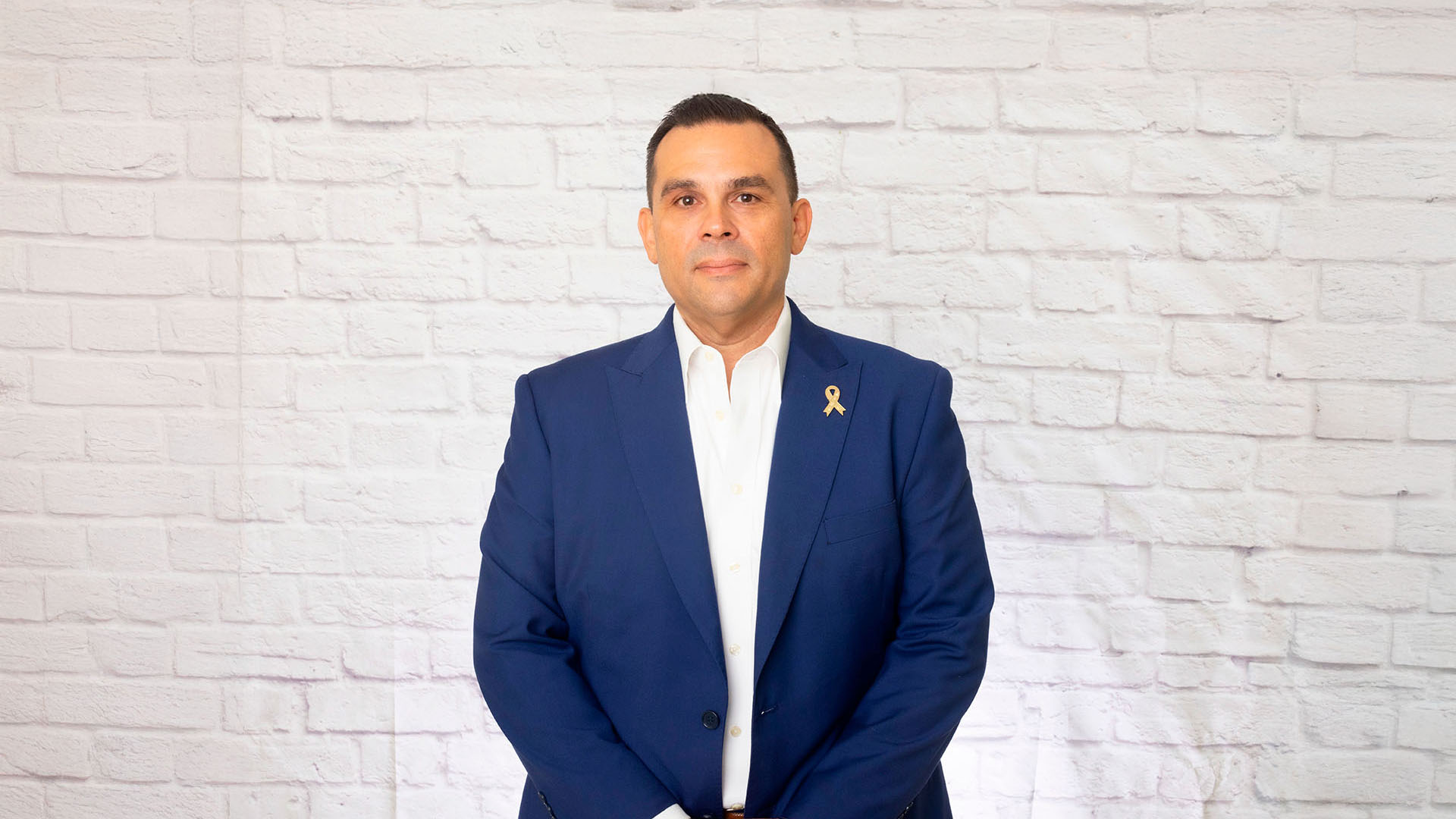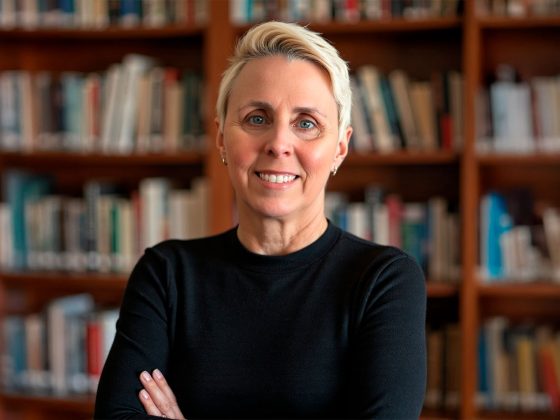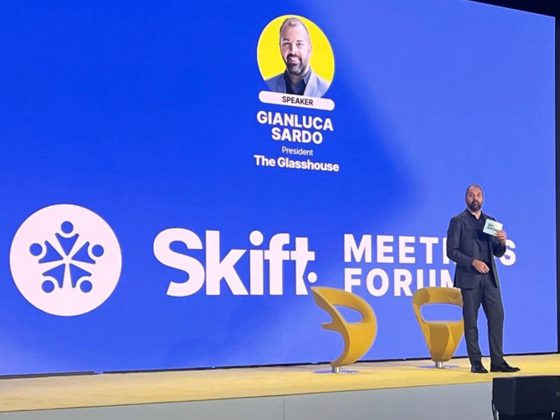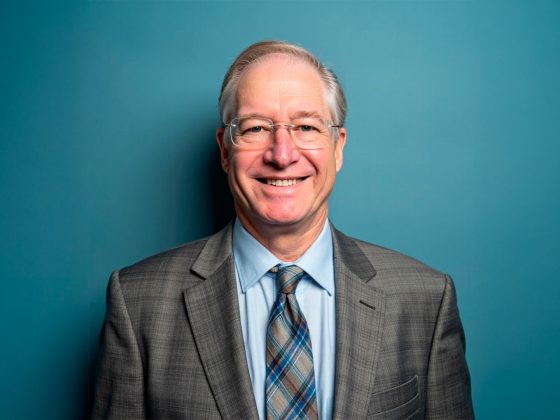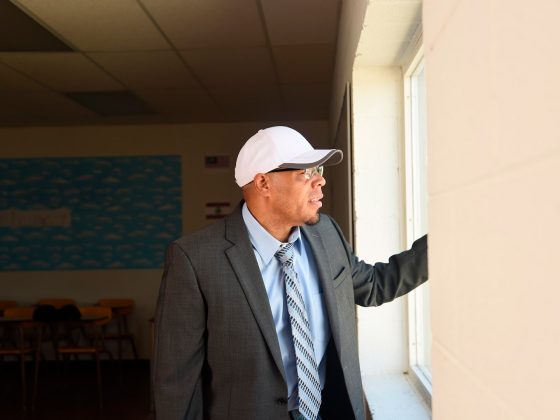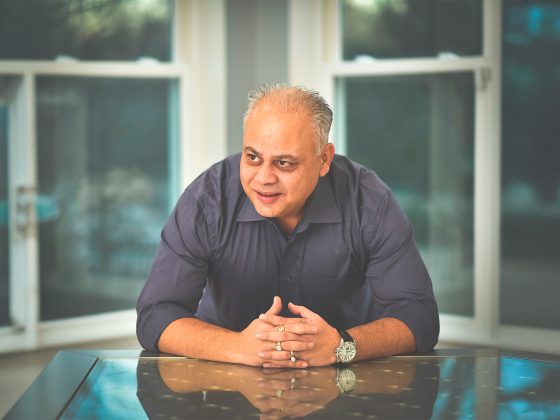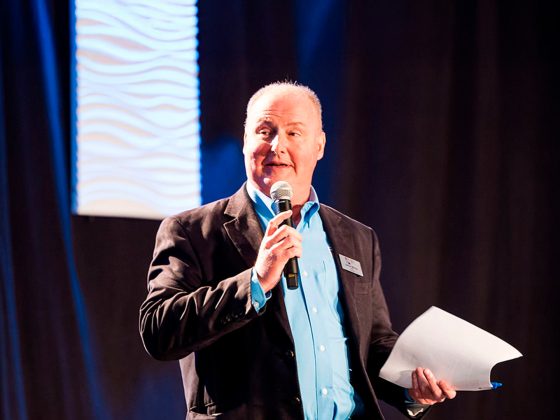Building resilient organizations requires leaders who can identify talent, inspire purpose, and navigate adversity with unwavering determination. The process goes far beyond traditional hiring practices, demanding a deeper understanding of human motivation and character. Raymond Rodriguez-Torres, chairman of Live Like Bella® foundation, has mastered this approach while transforming personal tragedy into global impact, creating an organization that operates across 38 countries and has made possible over $40 million in pediatric cancer research funding.
Finding Your Best Hire
Raymond’s approach to leadership centers on one key principle: surround yourself with people who complement your weaknesses. “One of the greatest things that I think is critical for any leader is to recognize those areas where we’re not strongest and find those folks that have those talents and skills that can augment the joint mission,” he explains.
His philosophy paid off when he hired Nicole de Lara Puente as CEO of Live Like Bella. Nicole had written a letter to Raymond’s daughter Bella years earlier, inspired by the young girl’s courage during her cancer battle. They never met until much later, but that early connection showed Nicole’s character. She brought experience from television and government work, then took the foundation places Raymond and his wife couldn’t have imagined. “Nicole has provided not just extraordinary leadership that has been complementary to what my wife Shannah and I were able to accomplish at the early stages of Live Like Bella. But she took the organization and continues to take it to another level,” Raymond notes. Now Live Like Bella operates in 38 countries with a team of nine women who handle everything from advocacy, family support services, to research funding. It’s proof that finding the right person can transform an organization completely.
Getting Past the Interview Performance
Most hiring processes only scratch the surface, according to Raymond. He warns that candidates are performing during interviews: “Remember that this candidate at this very moment is potentially the best they’re going to be. They are the best dressed, they are the most prepared, and they’re speaking about the subject they know most about in the world themselves.” The real work happens after you confirm they have the basic qualifications. Raymond wants to know what drives someone at their core. “What motivates them, what drives them, what will they look like in this role?” These questions matter more than perfect answers to standard interview questions. He’s looking for people who will represent the organization well and bring something extra to the mission.
One question he particularly values: “If you were to write your own obituary, what would it say?” The answer reveals whether someone thinks beyond daily tasks to lasting impact. “Rarely will we find, well, you know, I got a very significant bonus. I sent more emails than anyone else. I wrote more memos. It goes far beyond that.”
Building Through Bold Goals
Creating resilient leaders requires setting ambitious targets that force growth. “The first step in building resiliency is being audacious in what you’re trying to accomplish,” Raymond states. “One of the ways to beat expectations is to lower your expectations. And so in the interview process, I try not to do that.”
His perspective comes from experience. After losing his daughter and building a foundation in her memory, he knows what real adversity looks like. “If a family can go through something horrific, including burying your own child, then what cannot you do? What can we not accomplish together?” This mindset helps him identify people who can handle significant challenges while staying focused on meaningful work. The key is giving talented people room to operate. “You accomplish nothing by finding a stallion and putting them in a paddock. You got to let stallions run,” he explains. That means accepting mistakes and allowing people to develop their own approach to problems.
While AI and automation continue advancing, Raymond sees them as tools rather than replacements for human leadership. “A computer, or AI module, does not suffer challenges, they simply compute. What builds resiliency is the human experience,” he notes. Real leadership comes from navigating actual difficulties and using those experiences to guide others. “All of our human experiences through our childhood, through our young adulthood and beyond compose who we are,” Raymond explains. Technology can help process information and automate tasks, but it can’t replicate the judgment, the passion and leadership that comes from overcoming real adversity.
Connect with Raymond Rodriguez-Torres on LinkedIn or visit his official site to learn how real leadership turns adversity into impact.


